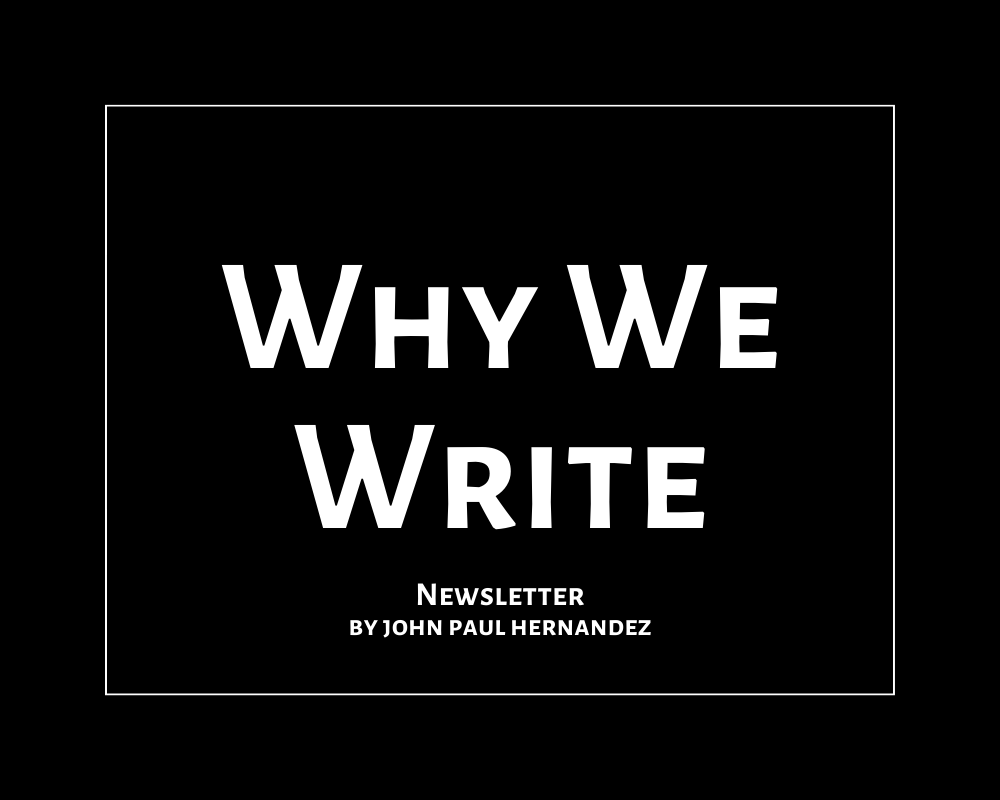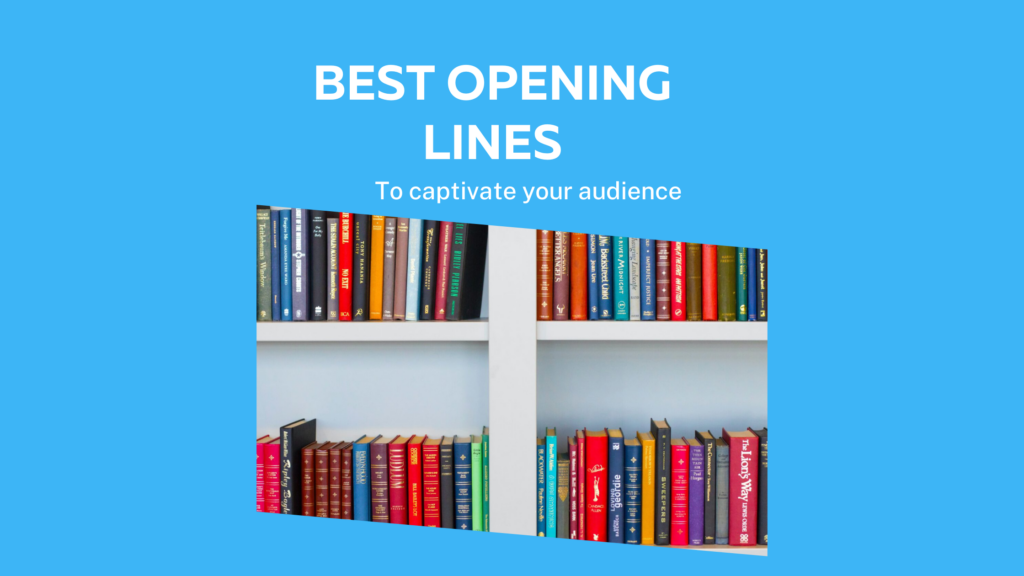In the Writer’s Digest article, The Hemingway Home & Museum, Zachary Petit dives into Ernest Hemingway’s house in Key West and how it shaped the writer.
Interestingly, the director of the now-museum, Andrew Morawski, says,
“He started or completed 70 percent of his life’s work in that writing studio. That’s where the magic happened for Ernest Hemingway down here in Key West…”
That’s an astonishing statistic considering he only lived there for less than 8 years.
Other writers feel the same way, as they and a guest can book a slot after closing called “Evening Writing Experience,” where they get a tour and the chance to work in the late writer’s studio.
While much of Hemingway’s legacy has become mythicized, his Key West experience highlights the importance of spaces.
If you’re not careful, the wrong space could have deadly consequences on your work.
But if you’re intentional, your productivity and quality could be much better.
How can we design suitable spaces for writing and creative exercises?
Ernest Hemingway’s Key West residence | Image by Upstateherd on Wiki Commons
Designing Spaces for Every Part of the Writing Process
All writers can define a multi-step process for their projects.
First, they need an idea or concept. Then, they plan how to communicate, write, edit, and publish the final piece.
Some writers can do it all in one place (whether or not it’s the most productive way for them is another issue). But most of us need different settings.
Spaces help inspire, focus, and clear our minds.
And we need variety: not one place can influence us for the diverse needs in the writing process.
Creativity and Exploration
Most of us need to work at being creative. We face anxiety, pressures, and many things that get in the way and fog our minds. If we don’t have a creative space, it’s hard to overcome those barriers.
It looks different for everyone:
- Hiking, boating, and other outdoor exploration activities
- Coffee shops and settings with movement
- Jacuzzis or places that force a separation from technology
- Art studios for creative studies like painting or playing music
- Plazas or spaces to meet new people and have conversations
Planning
Once we have an idea we want to pursue, we need a place to research and outline our project.
We should prioritize places that offer little distractions and optimize our productivity by making it easy to take notes or type (plenty of room and bigger screens to work with).
- Private office
- Public or university library
- Coffee shop corner with plenty of space (and headphones)
- Hotel or resort cafe (you don’t always have to stay the night, as long as you purchase a coffee)
- Planes and trains (while space is limited, with the right upgrade and setup, you can get great focus)
Writing
By the time you’re ready for the writing stage, you should be thinking faster than you can type. You’ve done the research and have a solid outline. Now it’s time to add flesh to the bones.
Every writer needs something different at this stage. You may need noise in the background or wind hitting your cheeks. Or you need a candle-lit spot to get words on paper.
- Office
- Coffee shop
- Relaxing outdoor spaces like a beach, lake, or park
- Library
Editing
It’s tempting to edit our work right after we write. But if we want a fresh perspective, we should do it the next day and at a different location.
It’s even better if you use a different method to read the work (I like to switch to my iPad and edit on a PDF with an Apple Pencil).
Most spaces overlap with the writing stage, but they often counter the latter stage’s preference. For example, if you write in an office, you might edit on the sand at your local beach.
Or, if you wrote in a coffee shop, you might edit in your office.
Reflection & Strategy
Finally, find a place to review your final work and where you want it to go. Choose publications and platforms that serve your audience best– where they like to hang out. Not where you feel it is most prestigious.
You might read your final piece while lying in bed or at the end of a nightly walk. Find somewhere that can clear and refresh your mind for a new read and to look ahead.
Audit Your Space
Maybe you’ve already found your spaces. But life changes, and they won’t always work the same way.
Hemingway wrote in Paris, Spain, Cuba, and other places, but Key West worked the best for him.
It’s all about experimentation and always ensuring you intentionally audit your spaces so you can do your best at any stage in your life.
As you finish this letter, I encourage you to think about where you write and where you express your creative energy.
Is it the right place? Or should you find a better space?


